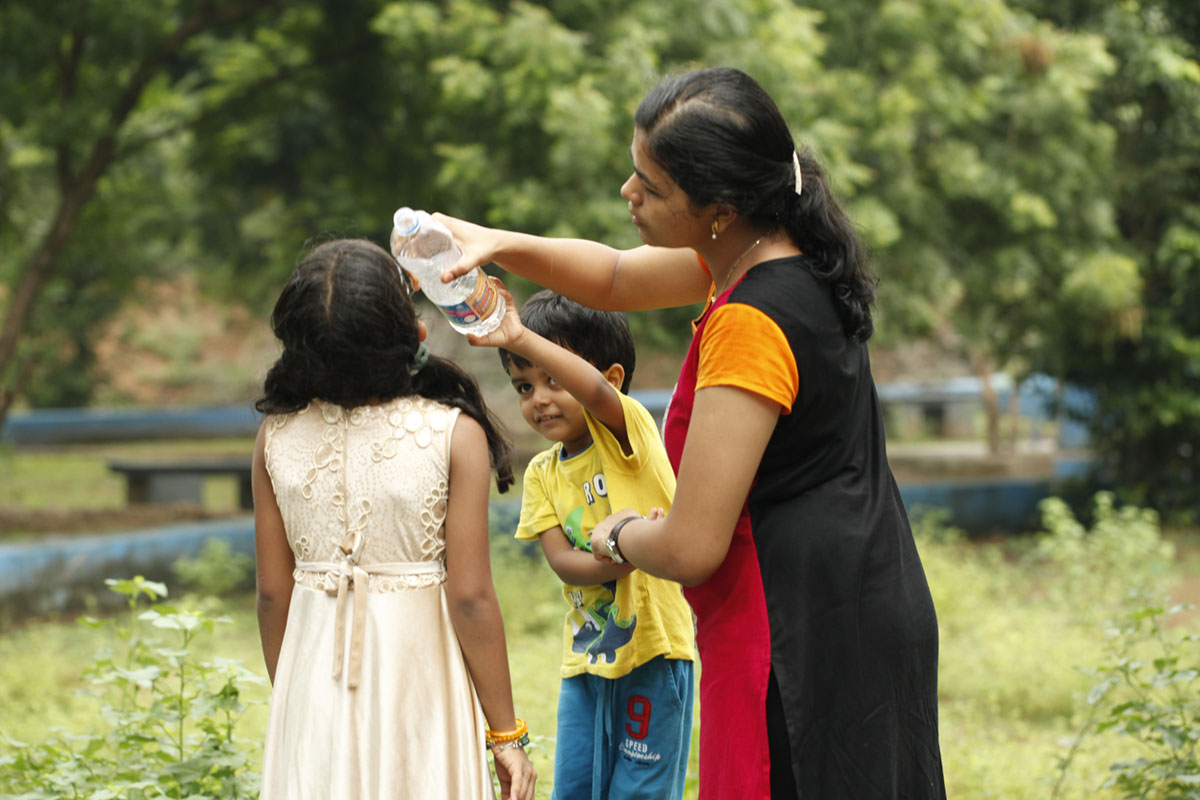
Dehydration is a serious medical condition which results either from insufficient intake of water and other fluids or due to excessive loss of fluids. Together with fluids a person may also lose electrolytes which can cause electrolyte imbalance. The condition needs to be treated with sufficient intake of fluids (oral or parenteral) and only this way some potential complications can be successfully prevented.
Causes of Dehydration
In many cases dehydration develops as a consequence of inadequate intake of water or other fluids. Excessive sweating can also cause dehydration especially during hot summer days and if one is suffering from increased body temperature. There are several more causes of dehydration such as high blood sugar, prolonged or excessive vomiting and diarrhea, intake of certain medications or alcohol. In some people strenuous exercise, especially if it is not accompanied by sufficient intake of water, always leads to dehydration.
Dehydrations Symptoms in Adults
The symptoms and signs of dehydration generally depend on the intensity of dehydration. Mild to moderate symptoms of dehydration in adults are dry skin and visible mucous membranes, headache, dark colored urine and decreased urine output, nausea, vomiting, excessive thirst, dizziness, sluggishness, fatigue and weakness. Dehydration also features with low blood pressure.
If left untreated dehydration may become more serious and a person can develop several much more serious symptoms and signs such as increased heart rate, increased body temperature, breathing difficulties, confusion, seizures, unconsciousness, severely decreased urination or even complete stop in urination and muscle cramps. One of the most serious symptoms of severe dehydration is pitting edema.
It is also essential to be familiar with symptoms and signs of dehydration in pregnant women since it can cause many serious complications. In pregnant women dehydration can feature with nausea and vomiting and there are additional symptoms which may or may not occur. They include dry skin and visible mucous membranes, thirst, headache and migraines, dizziness, dark color of urine, weakness.
Treatment for Dehydration in Adults
Minor symptoms and signs of dehydration can be brought under control with drinking plenty of fluids. In case of severe dehydration the bodily fluids are brought under control with parenteral (intravenous) administration of fluids. The doctor checks electrolytes and if there is a need he/ she may choose specific solution which contains electrolyte that is particularly insufficient.
Dehydration can be successfully prevented, too. The special attention must be paid on people who are more prone to dehydration (patients with chronic illnesses, elderly people, children, pregnant women etc). Daily intake of water must include at least 6-8 glasses and during hot summer months even more. One may also consume fruit juices and should stay away from carbonated drinks and sodas.


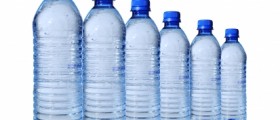





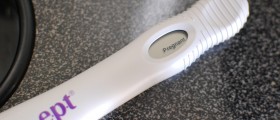
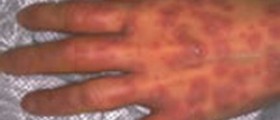


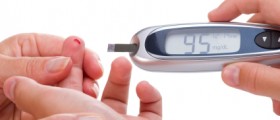
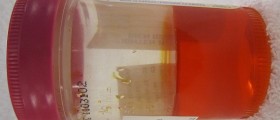


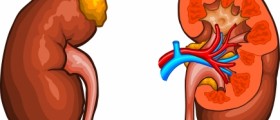
Your thoughts on this
Loading...